Dental irrigation is an increasingly popular and effective technique in oral health care. In addition to brushing and flossing, dental irrigation provides additional cleaning by removing food debris and bacteria that accumulate in hard-to-reach areas of the mouth. In this article, we will explore what dental irrigation is and how it can prevent and treat periodontitis, a common periodontal disease.
What is dental irrigation?
Dental irrigation, also known as oral irrigation or oral rinsing, is a process in which a specialized device is used to direct a pulsating stream of water or irrigant in the mouth. This stream of water can contain antimicrobial solutions, mouth rinses, or simply warm water. The pressure and flow of water help to remove food debris, bacterial plaque, and residues that accumulate between the teeth and along the gumline.
Dental irrigation is an effective complement to regular brushing and flossing as it can reach hard-to-access areas such as interdental spaces and periodontal pockets where bacterial plaque and debris can accumulate and cause dental problems.
Prevention of periodontitis through dental irrigation
Periodontitis is a common periodontal disease that affects the tissues surrounding and supporting the teeth. It is caused by the buildup of bacterial plaque, which over time can lead to inflammation, bleeding gums, gingival recession, and in severe cases, tooth loss.
Dental irrigation can play a crucial role in preventing periodontitis. By effectively removing food debris and bacterial plaque, harmful bacteria in the mouth are reduced, which in turn helps prevent inflammation and the development of periodontal disease. Additionally, some dental irrigation devices have the ability to massage the gums, promoting blood circulation and helping to maintain healthy gums.
Treatment of periodontitis with dental irrigation
If periodontitis has already developed, dental irrigation can also play an important role in its treatment. Along with other periodontal treatments such as professional dental cleaning and root planing, dental irrigation can help control the progression of the disease and promote the healing of affected tissues.
The use of antimicrobial solutions in dental irrigation can be especially beneficial in the treatment of periodontitis. These solutions can help reduce bacterial load and fight infection in the periodontal pockets, where harmful bacteria accumulate and cause damage. Furthermore, dental irrigation can be more comfortable and less invasive than other treatments, making it an appealing option for those seeking less invasive yet effective alternatives.
It is important to note that dental irrigation does not replace professional treatments or good oral hygiene at home. It is a supplement that can significantly improve oral health, but it is always recommended to consult a dentist for an accurate diagnosis and a proper treatment plan.
Tips for Using Dental Irrigation Effectively
If you are interested in incorporating dental irrigation into your oral care routine, here are some tips for using it effectively:
- Consult your dentist: Before starting to use dental irrigation, it is advisable to speak with your dentist. They can evaluate your oral health and provide personalized guidance on how to incorporate it into your oral care routine.
- Choose the right device: There are different types of dental irrigation devices available in the market. When choosing one, make sure to consider your specific needs and preferences. Some devices have different pressure settings and pulsation modes, allowing you to customize your cleaning experience.
- Follow the instructions: Each dental irrigation device has its own set of instructions for use. Make sure to read and follow the manufacturer’s guidelines to achieve the best results and avoid injuries or irritations.
- Combine with other cleaning methods: Dental irrigation should not be the sole method of oral cleaning. It is important to continue brushing your teeth at least twice a day with a soft toothbrush and regularly use dental floss to ensure comprehensive oral hygiene.
- Use appropriate solutions: If you choose to use a solution in your dental irrigator, make sure to select one recommended by your dentist or specifically manufactured for this purpose. Some antimicrobial solutions can be beneficial in combating plaque bacteria, but it is important to use them as directed and avoid ingestion.
Dental irrigation is an effective technique for oral health care that can prevent and treat periodontitis, a common periodontal disease. By removing plaque bacteria and food debris from hard-to-reach areas, dental irrigation complements regular cleaning and helps maintain healthy gums. It is always important to consult a dentist for an accurate diagnosis and a personalized treatment plan. With proper use and in combination with other oral hygiene methods, dental irrigation can be a valuable tool in maintaining a healthy smile and preventing dental problems.
